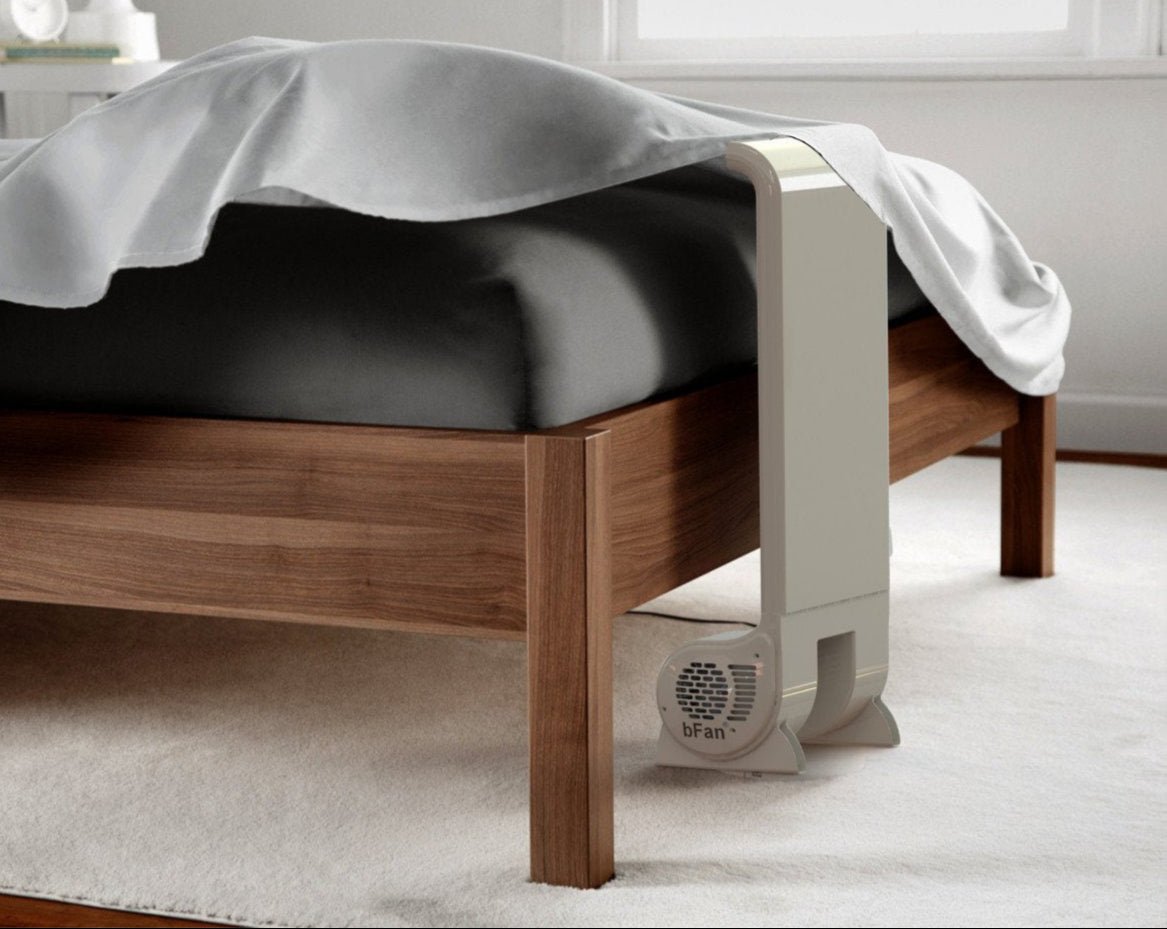Night Sweats and Headaches
Both night sweats and headaches by themselves can be symptoms of minor problems. However, when the two are frequently showing up together, they can be a sign of something more concerning. Night sweats can be caused by problems such as anxiety, menopause, and drug or alcohol use. Headaches can be caused by similar issues like stress, too many painkillers, or too much alcohol. Headaches and night sweats overlap as symptoms of hypoglycemia.
Hypoglycemia is defined as low blood glucose and there are many other symptoms which can help you identify if that is what might possibly be behind the night sweats and headaches. Of course, if there is any suspicion that hypoglycemia could be an issue in your life, you should contact your doctor with your concerns. Some of the other symptoms are as follows:- Palor
- Excessive sweating
- Shakiness
- Nausea
- Fast heartbeat
- Anxiety or irritability
- Fatigue
- Dizziness
- Issues with concentration
- Tingling or numbness around the mouth
Hypoglycemia frequently occurs with diabetes. Given that glucose is your body’s main source of energy, hypoglycemia can be dangerous. If untreated, it can, on the extreme end, result in seizures, comas, or death. It can also cause falls, injuries, motor vehicle accidents, weakness, and can increase the risk for dementia in older adults. This is why it is so important to see a doctor if hypoglycemia is suspected.
It most often occurs due to diabetes medications such as insulin. Insulin is prescribed to people with diabetes in order to help them control their blood sugar levels. In type 1 diabetes the body fails to make insulin, while in type 2 diabetes the body is less responsive to insulin, which is why insulin or another medication must be prescribed. However, if too much insulin is introduced to the system, hypoglycemia can occur.
Night sweats as a symptom is very concerning for those with diabetes, as the drop in blood sugar is occurring during their sleep and they are unable to respond quickly to it. Chronic night sweats and waking up with a bad headache is a sure-tell sign for diabetics that hypoglycemia is likely occurring during their sleep. It is suggested that if these symptoms occur together for several days in a row, a quick test should be done. Everyday Health suggests that an alarm should be set for the middle of the night, such as around three hours after bedtime. At this time, glucose levels should be tested and then tested once again upon waking. If there are abnormal fluctuations occurring, your doctor should be contacted.
Nocturnal hypoglycemia can also occur outside of diabetes. Changes in personal routine can cause a drop in blood sugar. As can alcohol consumption, exercising too close to bedtime, and eating too few carbohydrates. Other external factors, even environmental, can cause nocturnal hypoglycemia! High altitudes can cause a drop in blood sugar, whether from the altitude itself or from the extraneous exercise from hiking to a high altitude. High temperatures or humidity can also cause hypoglycemia because heat can cause blood vessels which enhances insulin absorption causing blood sugar to drop.
Share
Hello I am 40 years old and over all have been in good health except I been experiencing anxiety night sweats that leaves me with chills in between and headaches I have done blood work and all seems to be fine but I feel something is wrong

